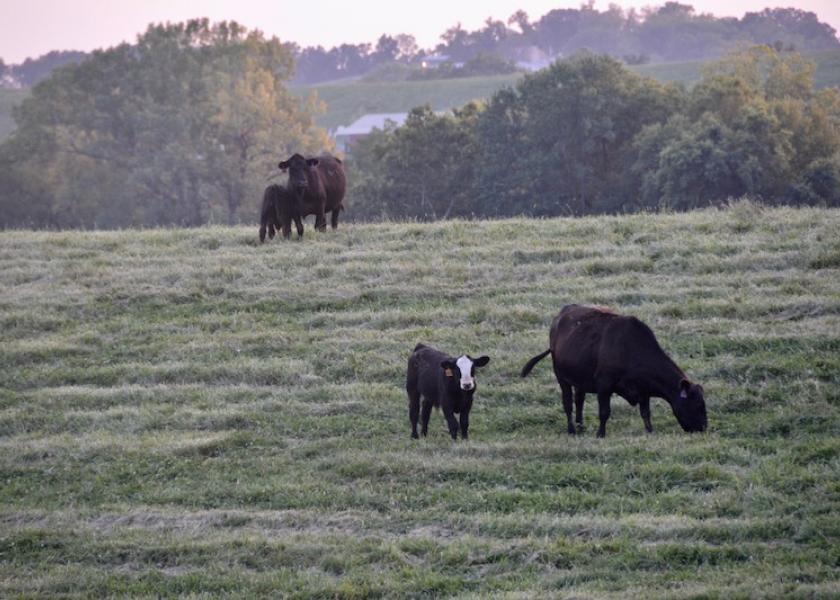Effective Strategies to Control Internal Parasites

Internal parasites impair production by increasing energy costs of maintenance and diet digestibility, reducing feed intake, and increasing activity of the immune system. They have a much greater impact on profitability of beef cattle operations than most of us really think. Research has shown weaning weights can be increased by over 30 pounds and pregnancy rates by over 10% by deworming cows in the spring and again in mid-summer.
There are 3 classes of dewormers in use today: imidazothiazoles (products such as levamisole), benzimidazoles (oral feed grade, white paste, or liquid products), and macrocyclic lactones (avermectin products such as the ivermectins).
Dewormer success and failure is measured by a Fecal Egg Count Reduction Test (FECRT), for a treatment to be considered effective this test much show over 90% reduction in post-treatment fecal egg count. Evaluations of FECRT have shown reduced effectiveness of many of our dewormer products, especially for pour-on products in operations that do not rotate among the different classes of dewormers. Research from 72 beef cow-calf operations across the U.S. evaluated multiple deworming strategies. Operations relying on pour-on macrocyclic lactones had 48% to 75% failure rate. Injectable products fared better with only a 15% failure rate, while oral benzimidazoles had 0% failure rate.
For cow-calf operations, the current recommendation is to 1) deworm after the first hard freeze, 2) check cows via fecal egg counts at spring green up and treat accordingly, and 3) re-evaluate and treat cows and calves in mid-summer.
Deworming is important for livestock productivity and profitability. There are no new dewormers coming out any time soon, so we need to manage the ones that are available the best possible way to keep them effective. If you are unable to conduct FECRT the best bet is to rotate to different classes of dewormers in each season. For instance, at weaning and preg check, you could use an oral benzimidazole product since cow will be caught in the headgate and follow up with a pour-on macrocyclic lactone product at spring green up. Be aware of the classes of dewormers you are using, just because they are different brands does not mean they have different activities, consult with your local veterinarian to design a deworming program that fits your operation.







